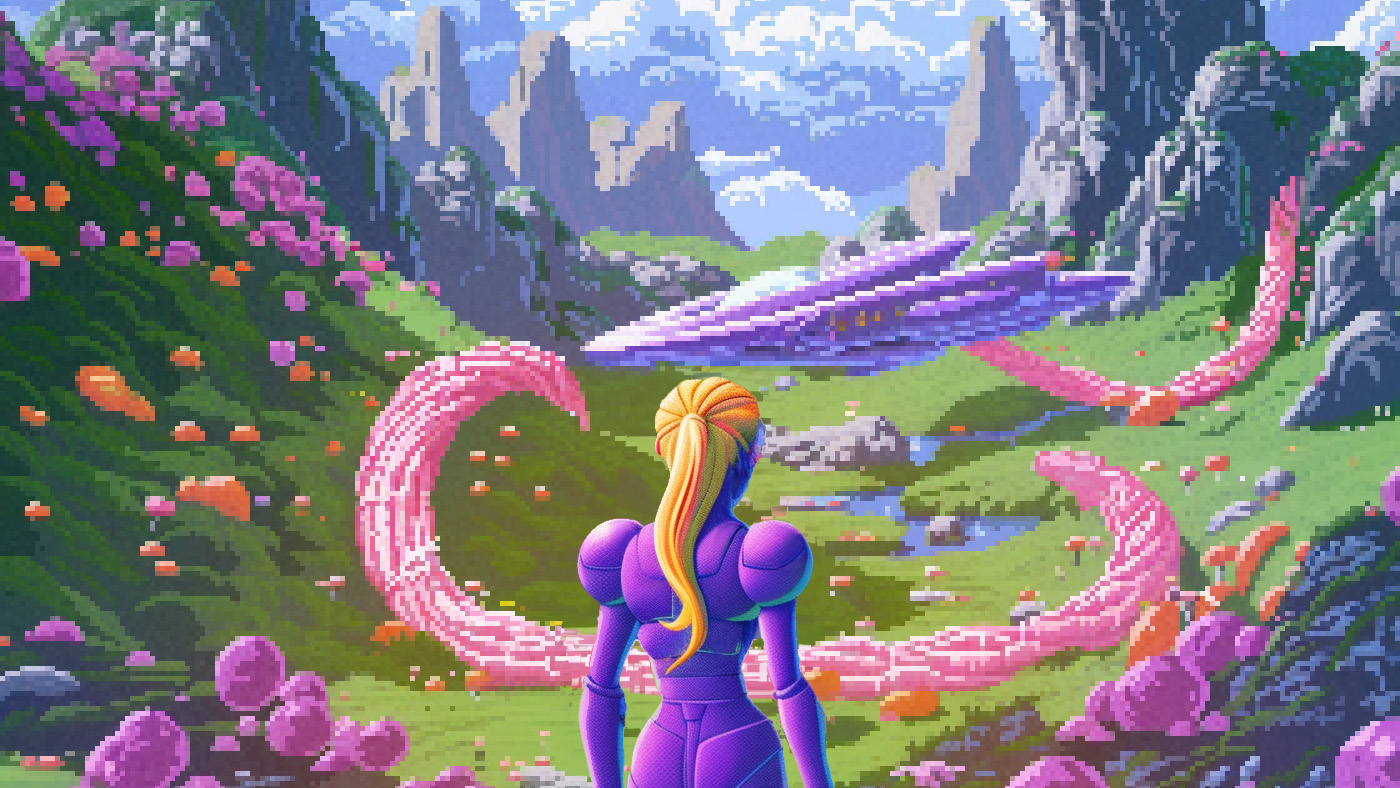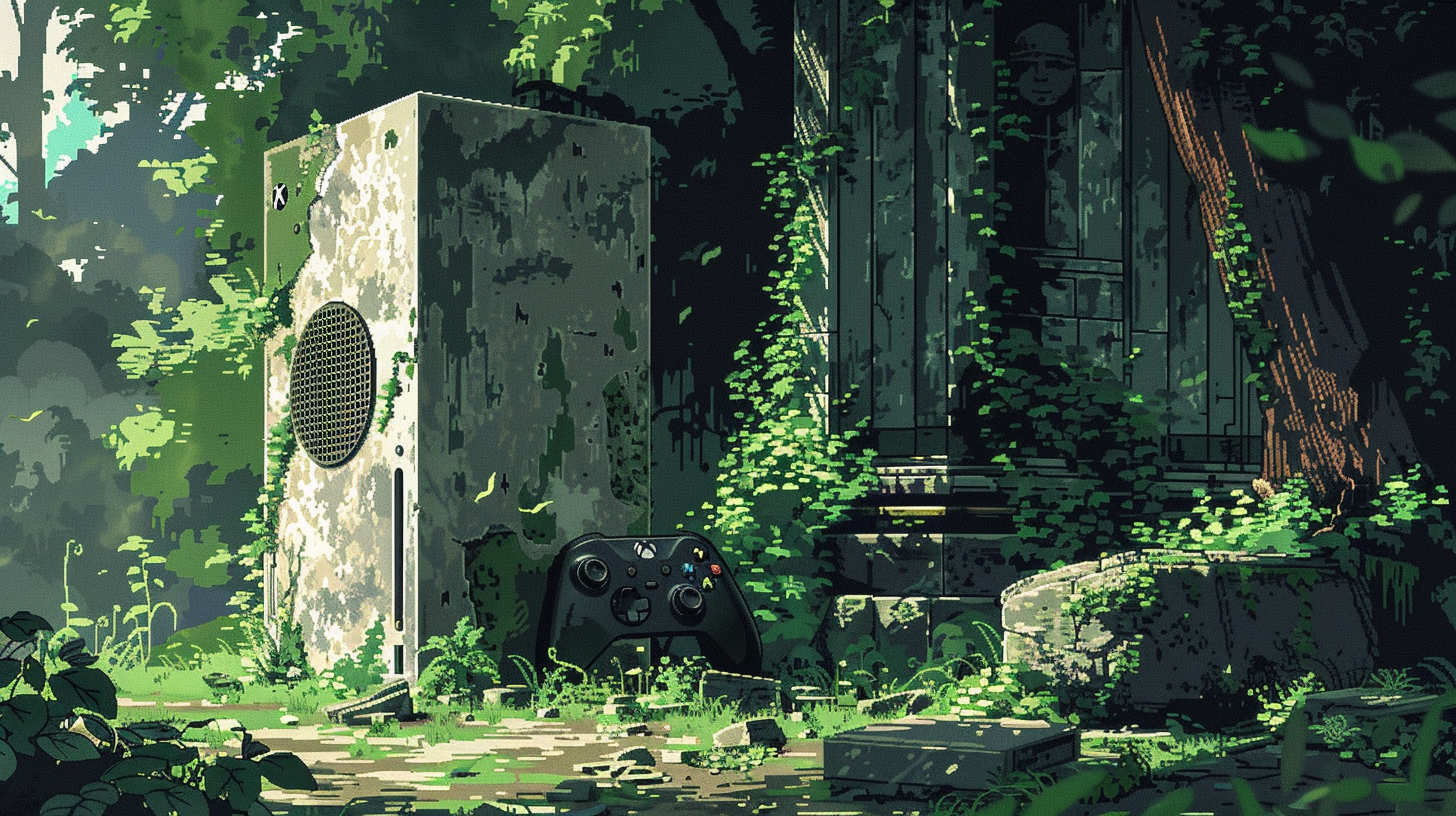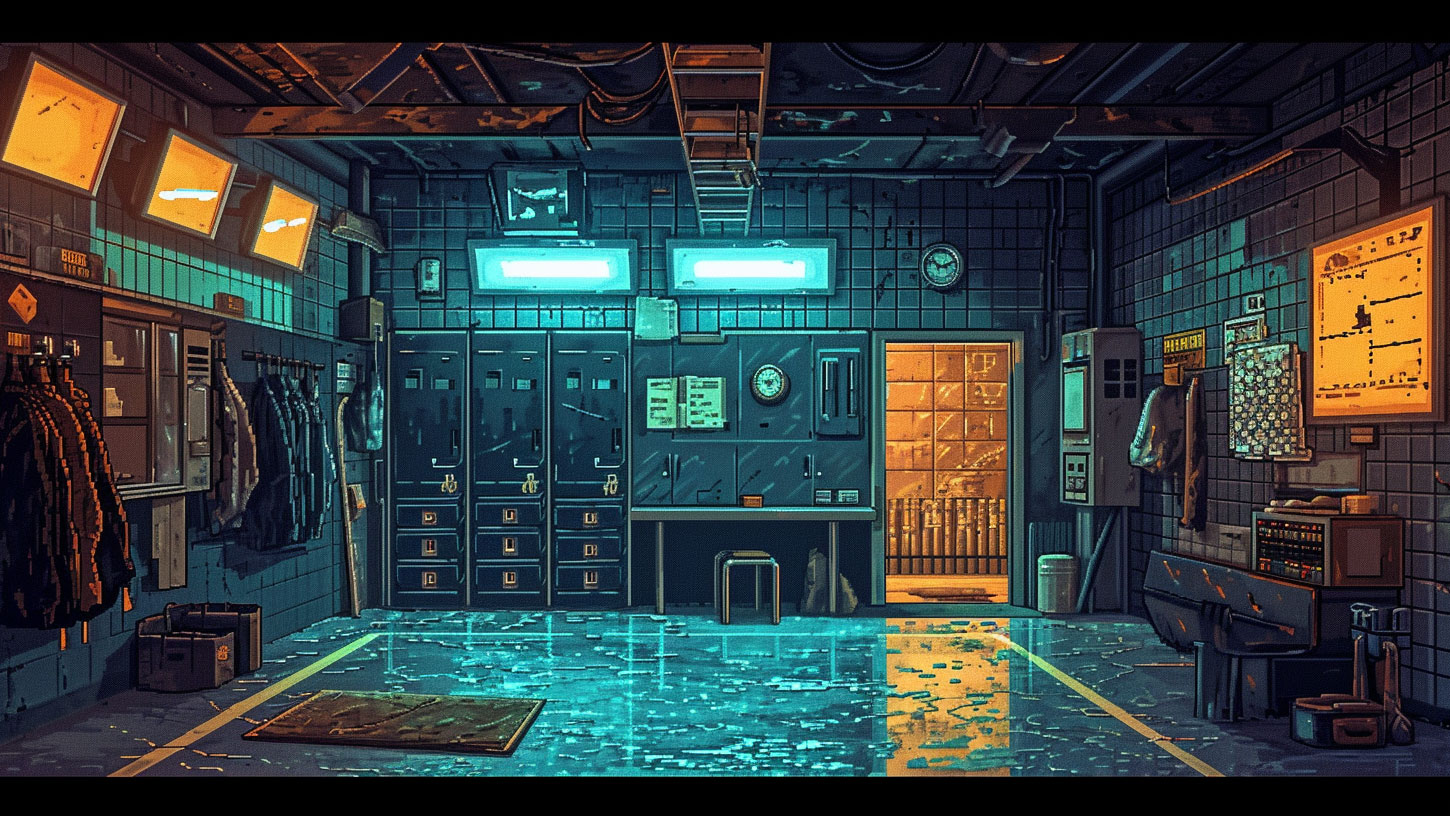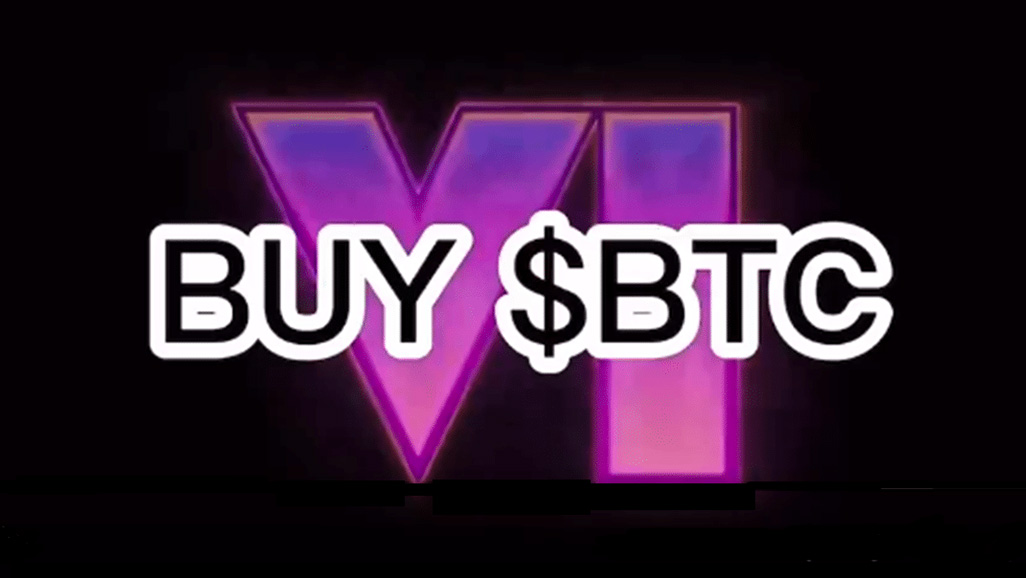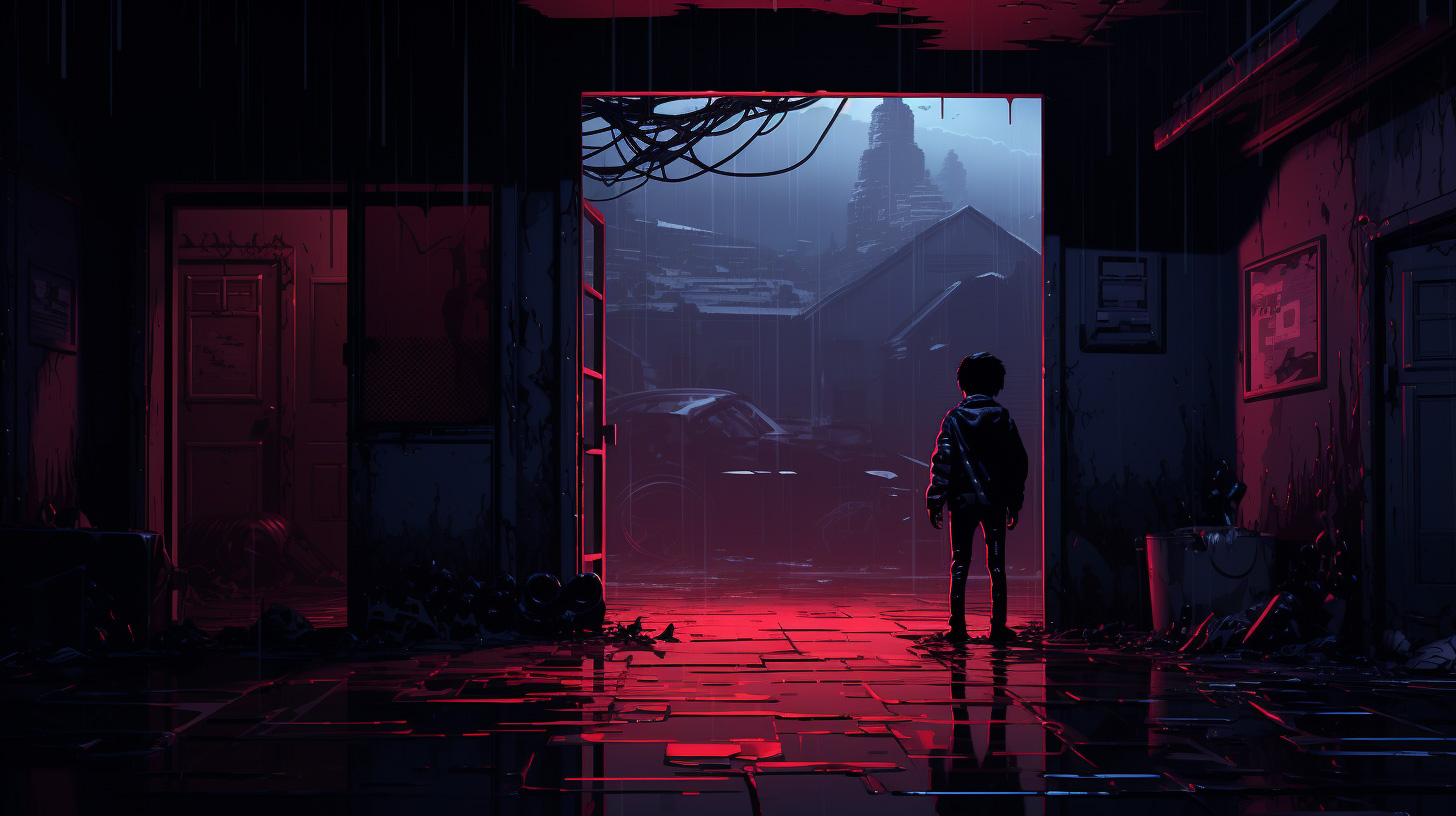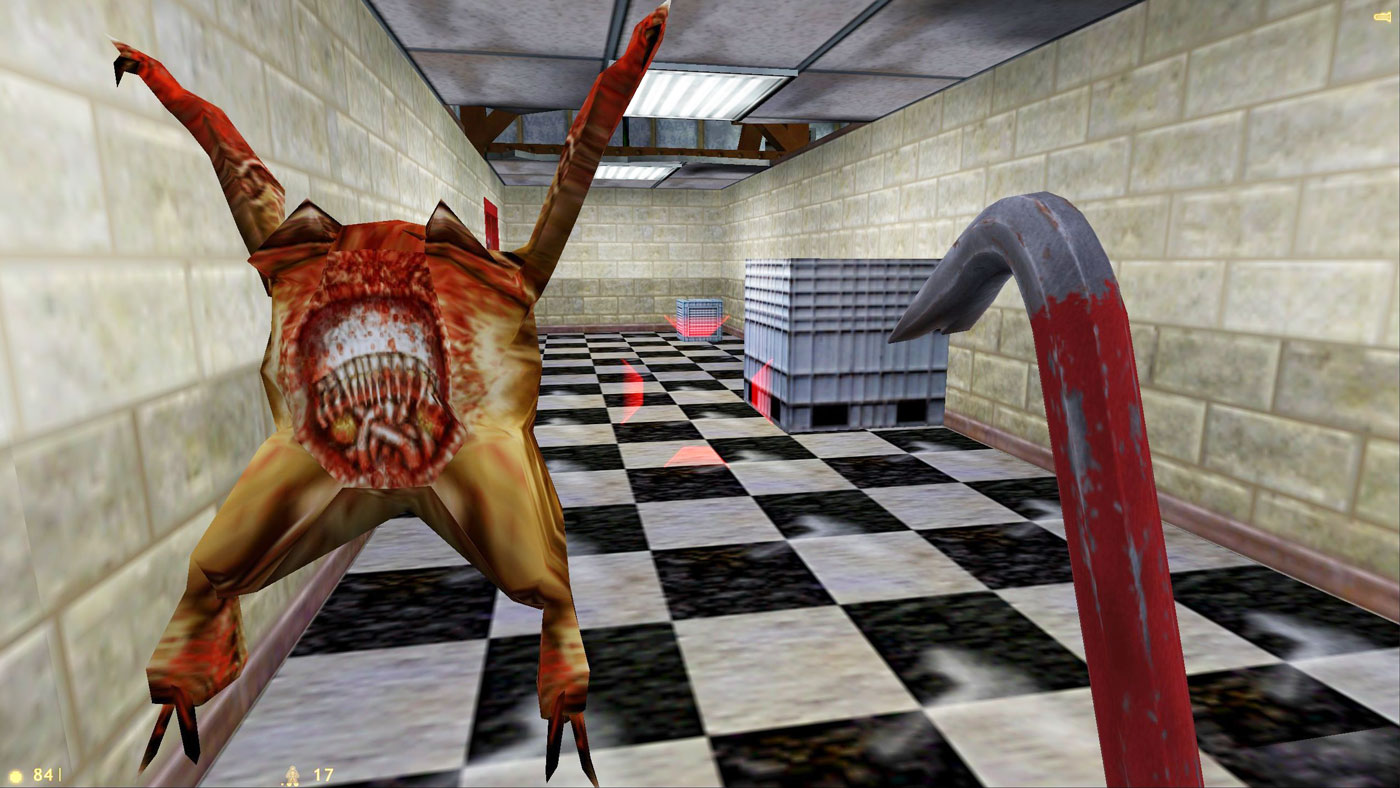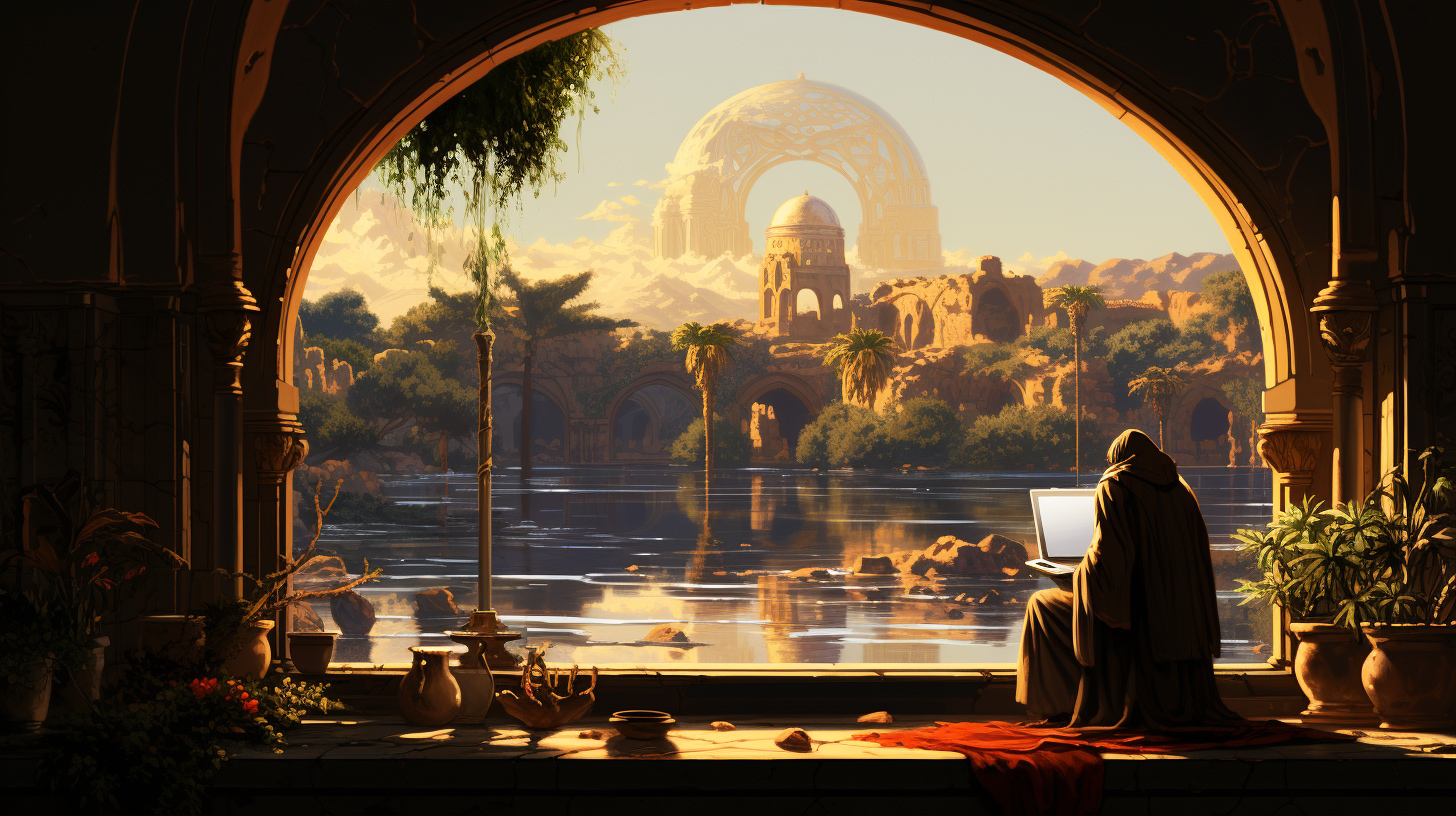First, I have just finished an interview with Paul Bettner and Katy Drake Bettner, the pair behind the game Wildcard, and straight up I’m going to say: incredibly impressive.
Paul and Katy are married. They live in Texas, with their three kids and Katy’s parents next door. They made around $150m when Paul sold mobile app Words With Friends to Zynga in 2011.
None of these things are what’s impressive.
It’s the vision, the understanding, and the execution behind Wildcard that matters.
As usual, I have no horse in this race. Wildcard is a kind of hybrid arena battler/RTS/card game that the Bettners and their team at Playful Studios have been making for six years.
You’ll have a chance to judge for yourself next week when I cut the podcast and make a shorter video of the interview, but here’s a few key points:
- Playful worked for years on a playable demo, before beginning the community building. This is the opposite of BG standard practice. While both approaches can work, this one requires less faith from the community.
- Watching the game is as important as playing the game: it is built to be a spectator sport. The Bettners put big efforts into making their first tournament match an event. It was watched by 10k people.
- Paul was on the Age of Empires team, he made Words With Friends, and he’s been building games his entire career. Katy is a film producer. Their expertise is evident in Wildcard.
There are plenty of home-truths in the interview: Paul smiled when I asked him whether the NFTs in Wildcard would give players a gameplay advantage.
“You can’t just do that. That’s not how it works.”
Why not?
“You have these two forces. You have the financial interests and the market forces, and then you have these assets and these items that you’re designing for fun. And if you just bring those two things and smash ’em right together, it’s a disaster. And that’s not something that I’m speculating is a disaster. There is a history of that disaster happening in video games for decades.”
I could go on, but I don’t want to ruin the release of the interview next week. As in my interview with Shrapnel’s Mark Long, I had the feeling of speaking with smart people who put delivery above talk. Pretty much everyone is smart in BG, but not everyone can deliver.
What do you tell your family?
I have spoken before about the difficulty of explaining blockchain gaming to the uninitiated, and this week I came across someone else who struggles with it: Polemos co-CEO Sascha Zehe.
Sascha is the latest guest on the Key Characters podcast.
“I’ve had that my whole life in the family already, because they aren’t familiar with gaming. So going into blockchain gaming made it even worse, because I already had a hard time making them understand how I could make any money working in the gaming industry.”
I’ll publish that podcast within 24 hours. Listen to it and you’ll get a better understanding of Polemos, and hear how Sascha was converted to BG in a flash of inspiration in 2021.
Low low scammers

The blockchain gaming world, like all of crypto, is rife with scams.
How do you tell if that beautiful trailer video is the precursor to greatness or just the equivalent of an angler fish’s light?
I surveyed our experts on the symptoms of scam, here’s the list:
- No sustainable revenue stream for the developers
- No gameplay video
- No real detail on core game mechanics
- Access gated behind expensive NFTs
- No personal information on the development team
- Social followings inflated
- Delivery times wildly optimistic
Additional signs of imminent fleecing are if the developers approach you to be a game tester, and if they ask you to download an executable file (.exe). I am less interested in these last two – because they are closer to straight-out old-school fraudsters – and more intrigued by the almost-legitimate games that tip over into scam territory bit-by-bit. Credit to Sascha, Mogglin and Cavan.
Mogglin’s in love
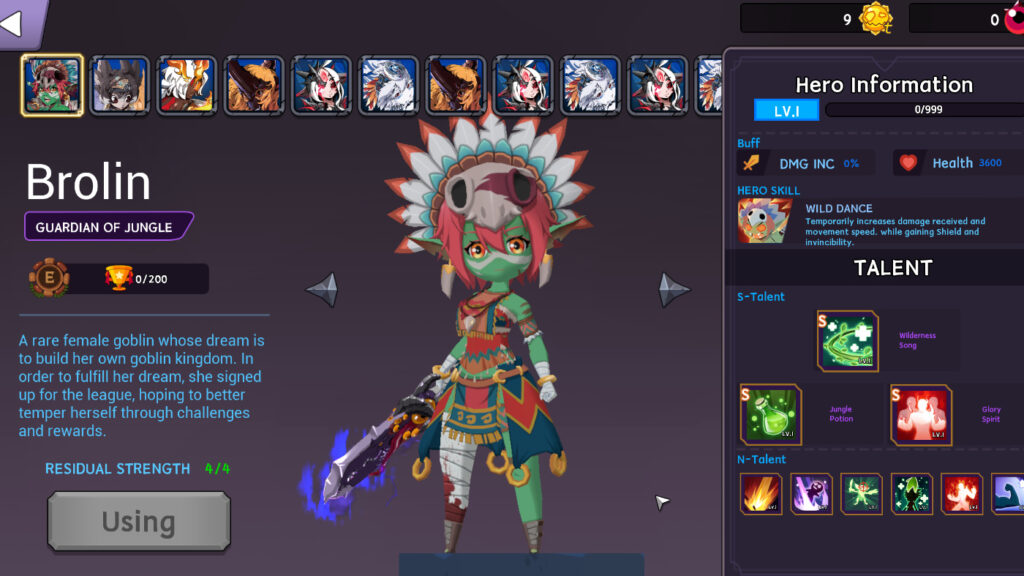
Mogglin, or Moggy as I like to call him, is in love. With a game.
“Tearing Spaces is a Cel-shaded, art-style 3v3 MOBA that mixes the progression levelling of dungeon crawler Ember Knights – including its frenzied hack-and-slash gameplay – with the game mode design of Destiny 2: Gambit.”
This does look good.



